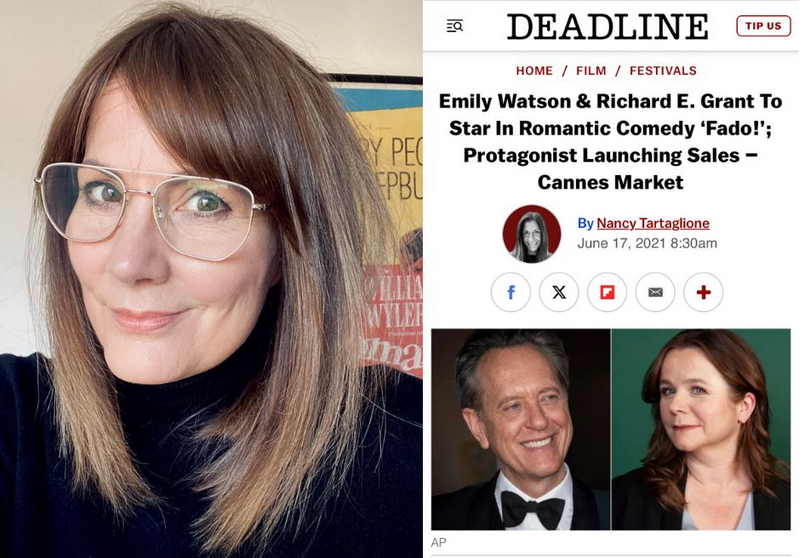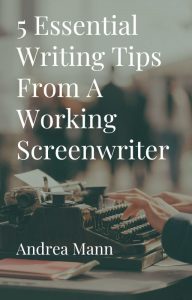After mentoring on an informal and adhoc basis, I’m super-excited to announce that I’m now offering bespoke, one-to-one mentoring programs for beginner and emerging screenwriters.

With six feature film scripts currently in development with producers – including the one that launched my career, above! – I know what it’s like to follow your creative dreams and make them happen.
I also know what it takes to write an industry-standard film script, to fit writing around a day job/illness/caring reponsibilities, to overcome that pesky inner critic time and time again. Screenwriting is a joy, but it’s also hard work – and that’s why I love being a cheerleader for anyone who’s trying to do it too.
If you’re interested in me being that cheerleader for you, find out more about my mentoring offering here.


